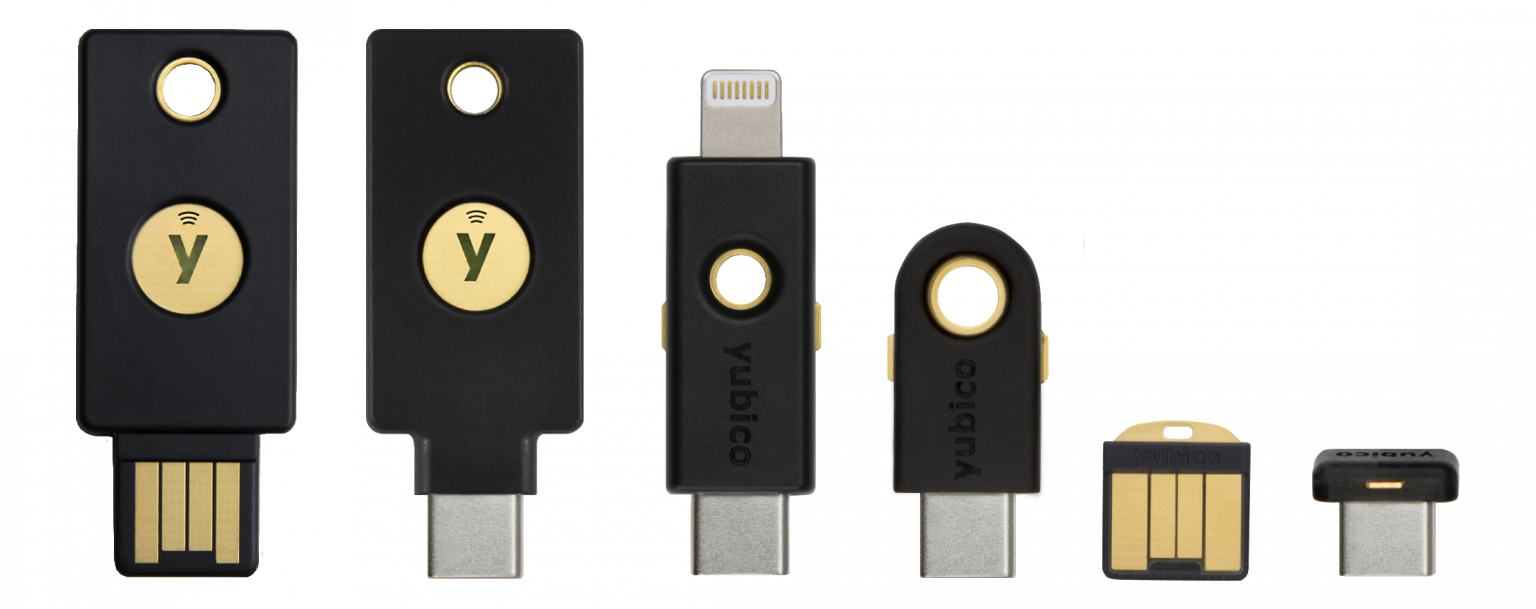

We looked at whether the necessary components were well protected. Portability and durability: We put the keys we tested through the type of wear and tear that can be expected over a normal day of use, including tossing them around on a keychain and dropping them into the bottom of a bag, and we looked for any parts that seemed as if they could easily snap or break off too quickly with use.We preferred companies that were well known and had been around for a while, an indicator of continued support in the future. Customer support: We looked at the types of support each company offered, as well as how much documentation was available on its website both for setting up keys and for troubleshooting.Setup and user experience: We wanted security keys that were easy to set up and use.We preferred security keys that came with a variety of connection options so they could work on both Android and iOS, as well as both Windows and macOS computers. Consistency and compatibility: We looked for security keys that worked as consistently as possible with each of the services we tested them with.Security keys typically have no moving parts and are durable, so you’ll probably use the same keys for many years. This means that they support more applications and websites, and it suggests that they are less likely to need replacing.


Thank you to our 2023 renewing sponsors.

The ACME Renewal Information (ARI) protocol extension enables certificate revocation and renewal at scale. Improving Resiliency and Reliability for Let’s Encrypt with ARI.


 0 kommentar(er)
0 kommentar(er)
